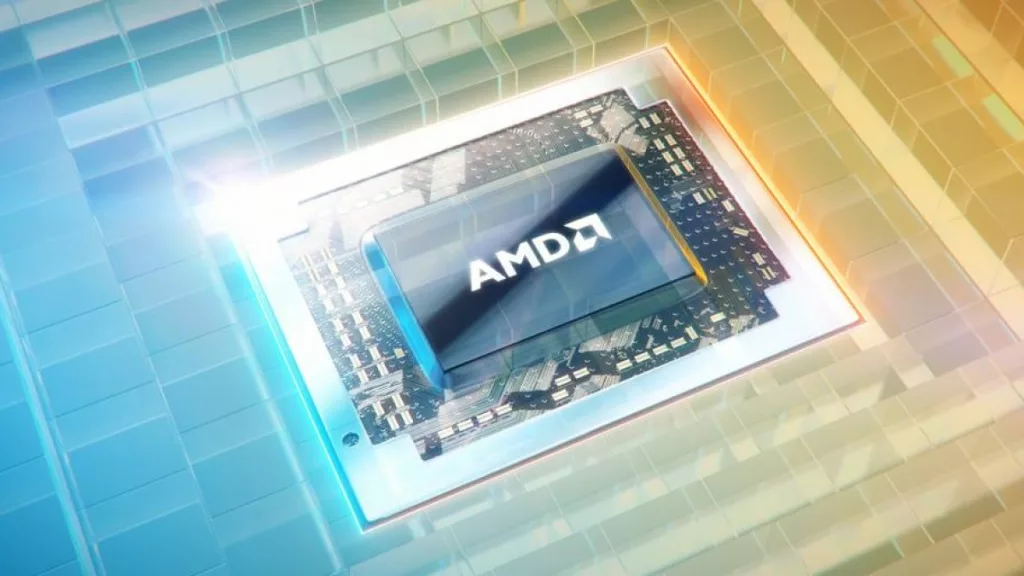
AMD didn’t hold back any punches at its IFA 2025 roundtable discussion when the topics of AI or ARM supremacy came up. In the last couple of years, both AI and ARM have become hot topics in the tech and mainstream arenas. On one hand, AI landed with grandiose promises to change the world, and while on some levels it may’ve begun to do so, it’s still very debatable how much and how secure it is. On the other hand, Windows on ARM made a significant step when Samsung released its Snapdragon X Elite processor (1, 2), which showed impressive gains with x86 emulation, leading to further speculation that ARM’s power efficiency on mobile devices could see it take over the mobile sector. Well, in a nutshell, neither has ended up happening yet.
AI has made strides in mainstream LLM and text-to-video usage scenarios, but has also been widely criticized for everything from plagiarism to having, or creating, significant security issues. Despite this, chip manufacturers have fully dedicated incorporating NPUs into almost every current product line, even though reportedly a large amount of AI use is done online. AMD Senior Vice President and GM, Computing and Graphics Group, Jack Huynh, believes that right now we are still in the early stages of AI, and the focus should first be on building the “perfect PC” rather than AI, but that NPUs will soon be able to do more as performance per watt improves.
Per ComputerBase Archive (via TechPowerUp):
“AMD also makes it clear, however, that an AI PC only emerges from a good PC. And AMD’s primary goal is to deliver the hardware and software for the “perfect PC”
Although ARM continues to be found among many mobile solutions, AMD and Intel have doubled down in efforts to produce more energy-efficient x86-based processors. From Intel’s Lunar Lake processors to AMD’s Strix Point Halo APUs, both manufacturers are rolling out new products aimed at mobile, laptop, and mini-PCs. Both companies have also been competing favorably in the growing gaming handheld market, where, at one point, it would’ve seemed a no-brainer for ARM to completely dominate given its pre-existing Android foothold. However, as AMD and Intel manage to increase efficiency on their chips, it’s become apparent that ARM isn’t about to take over and that the death of x86 has become a bit of an exaggerated idea.
Per AMD via ComputerBase:
“Speaking of efficiency, the topic of ARM vs. x86 came up here, as it does every year. AMD, almost like Intel recently, declared that the myth that x86 can’t be efficient was refuted last year. Both AMD Ryzen and Intel Core can offer extremely long runtimes in notebooks, while accessing the entire x86 ecosystem. Ultimately, the overall package doesn’t offer an advantage for ARM.”
So to put it in a nutshell, AMD believes that AI is being underused, but as NPUs continue to be improved upon, their local usage will increase. Meanwhile, x86 isn’t going anywhere anytime soon despite gains being made on ARM. Meanwhile, from NVIDIA to Apple, ARM’s adoption in the PC sector is also seeing growth.
